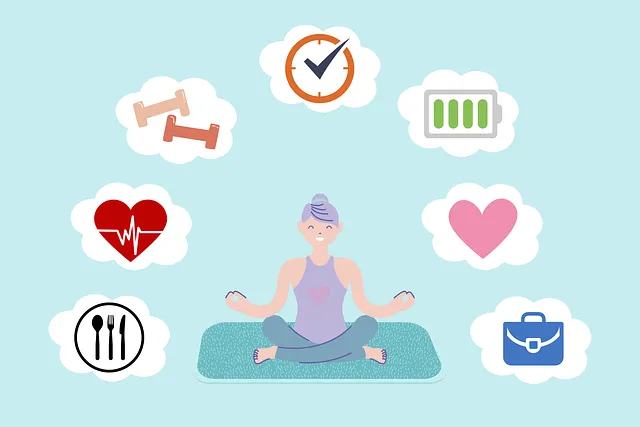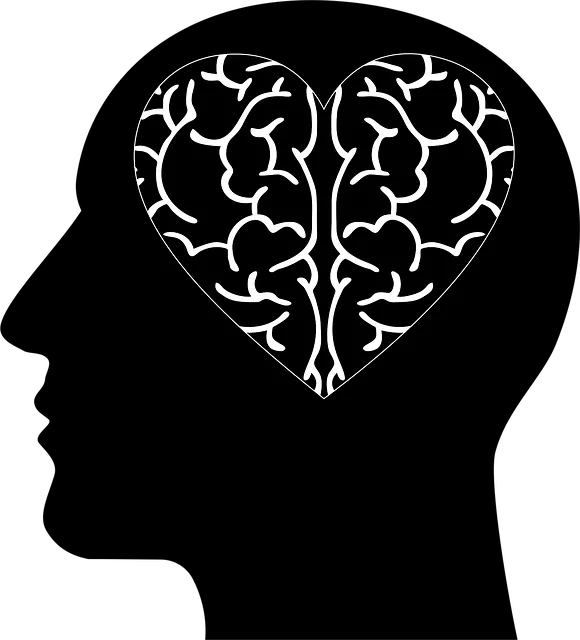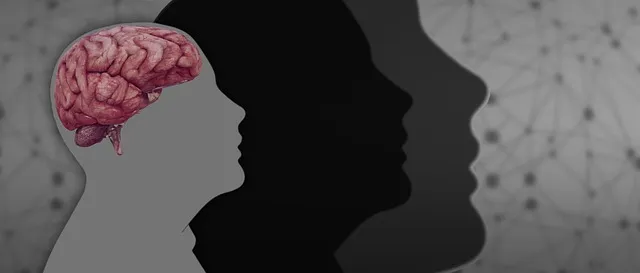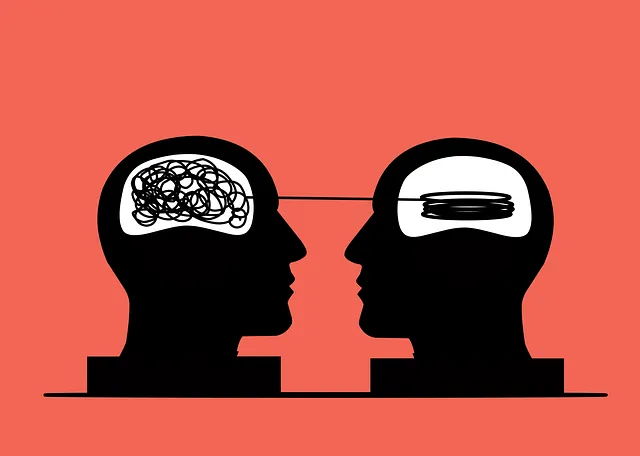Castle Rock and Kaiser offer distinct mental health support models. Castle Rock emphasizes community-based holistic approaches with art and music therapies, while Kaiser prioritizes accessibility through comprehensive services under one roof. Both organizations commit to Depression Prevention, Trauma Support Services, and cultural sensitivity training. Castle Rock provides specialized social skills training to enhance mental health through exercises fostering self-awareness and emotional intelligence, improving communication, building confidence, and promoting healing. These programs empower individuals for personal recovery journeys and community contribution, aligning with growing mental health awareness.
Social skills training is a game-changer in the realm of mental health support, especially when tailored for specific conditions. This article explores the deep connection between social prowess and psychological wellness, highlighting why it’s a vital aspect of care. We compare two prominent approaches: Castle Rock’s unique method versus Kaiser’s traditional model, shedding light on their differing strategies. Additionally, discover practical tips on how to enhance your social skills, offering a roadmap to better mental well-being, particularly when seeking help from Castle Rock or Kaiser.
- Understanding the Connection Between Social Skills and Mental Health
- Why Castle Rock and Kaiser Approach Mental Health Support Differently
- Practical Strategies for Developing Social Skills for Better Mental Well-being
Understanding the Connection Between Social Skills and Mental Health

In the pursuit of optimal mental health, understanding the intricate connection between social skills and psychological well-being is paramount. Studies show that strong social connections serve as a protective factor against many mental health conditions, while deficiencies in social skills can exacerbate existing issues. At Castle Rock, Kaiser recognizes this link and offers specialized training to empower individuals with tools to navigate social interactions more effectively. By fostering a deeper understanding of oneself and others, these programs aim to enhance communication, build confidence, and ultimately promote healing and improved mental wellness, reflecting the growing importance of mental health awareness in our society. The development of robust social skills can be transformative, serving as a key component in recovery journeys and contributing to thriving communities.
Why Castle Rock and Kaiser Approach Mental Health Support Differently

Castle Rock and Kaiser approach mental health support differently, with distinct models that cater to unique populations. Castle Rock, often recognized for its community-based programs, focuses on holistic healing through various therapies, including art and music. This approach emphasizes the interconnectedness of mental, emotional, and physical well-being, making it especially appealing to those seeking a nurturing environment. In contrast, Kaiser, as a large healthcare provider, prioritizes accessibility and comprehensive care. They offer a wide range of services under one roof, from individual therapy to group support sessions, ensuring patients have access to specialized help tailored to their specific needs.
For individuals looking for personalized assistance, Castle Rock’s intimate settings and diverse therapeutic options can be advantageous. Meanwhile, Kaiser’s structured framework and extensive resources make it suitable for those who prefer a more systematic approach to mental health management. Whether one chooses Castle Rock or Kaiser, both organizations demonstrate a commitment to Depression Prevention and Trauma Support Services, reflecting their understanding of the multifaceted nature of mental health concerns. Additionally, Kaiser’s Healthcare Provider Cultural Competency Training underscores its dedication to providing culturally sensitive care, which is vital in fostering trust and effective treatment outcomes.
Practical Strategies for Developing Social Skills for Better Mental Well-being

Social skills training is a powerful tool for enhancing mental health and overall well-being. For individuals seeking mental health help in Castle Rock or elsewhere, practical strategies can make a significant difference. One effective approach involves Self-Awareness Exercises that encourage reflection on one’s emotions, thoughts, and behaviors. By fostering Emotional Intelligence, individuals gain insights into their triggers and strengths, enabling them to navigate social interactions with greater confidence.
Moreover, Mental Health Education Programs Design tailored for these needs can equip people with essential communication skills. Learning active listening, assertiveness, and empathy allows participants to build and maintain healthy relationships. With the support of professionals from Kaiser or local communities, these programs offer a structured environment where individuals can practice and refine their social skills, ultimately improving their mental health outcomes.
Social skills training plays a pivotal role in enhancing mental well-being, especially for individuals managing mental health conditions. By understanding the unique approach of organizations like Castle Rock and Kaiser, we can navigate different support systems effectively. Practical strategies discussed in this article offer valuable insights into improving social interactions, fostering better relationships, and ultimately, supporting mental health recovery. Whether seeking help from Castle Rock or Kaiser, integrating these skills can lead to more fulfilling connections and improved quality of life.






